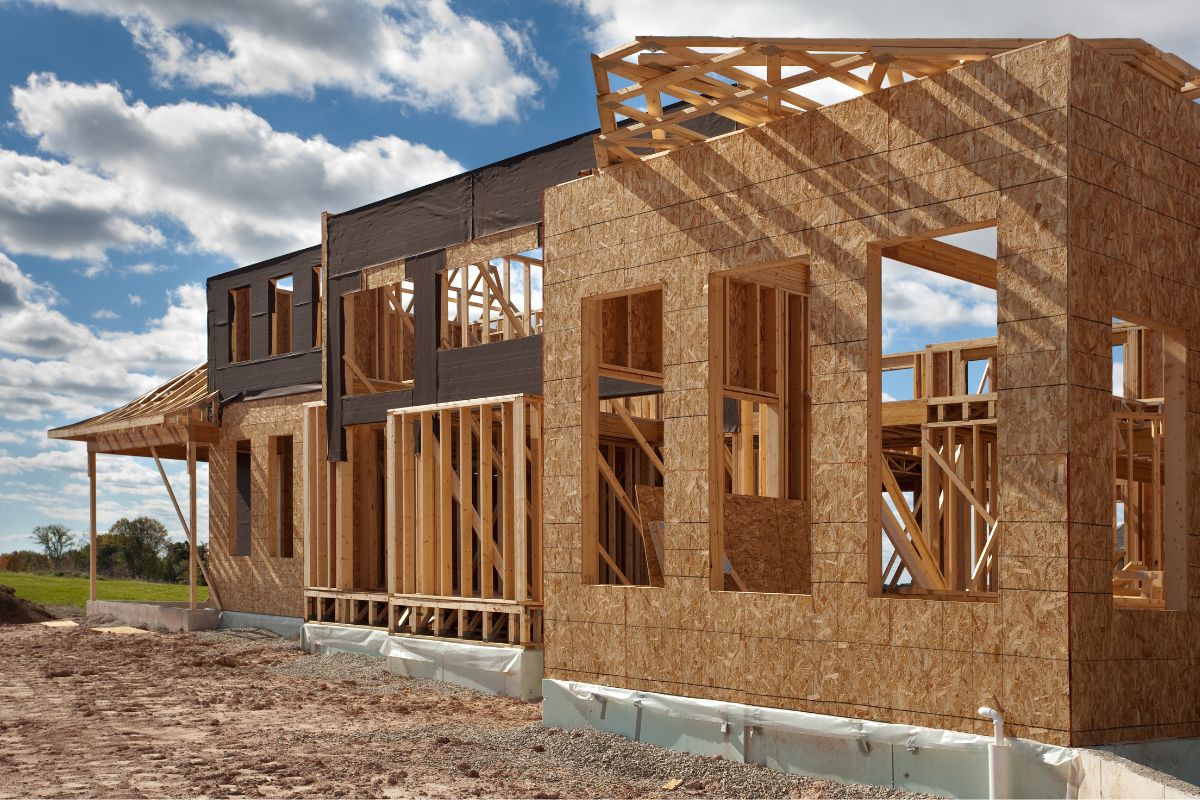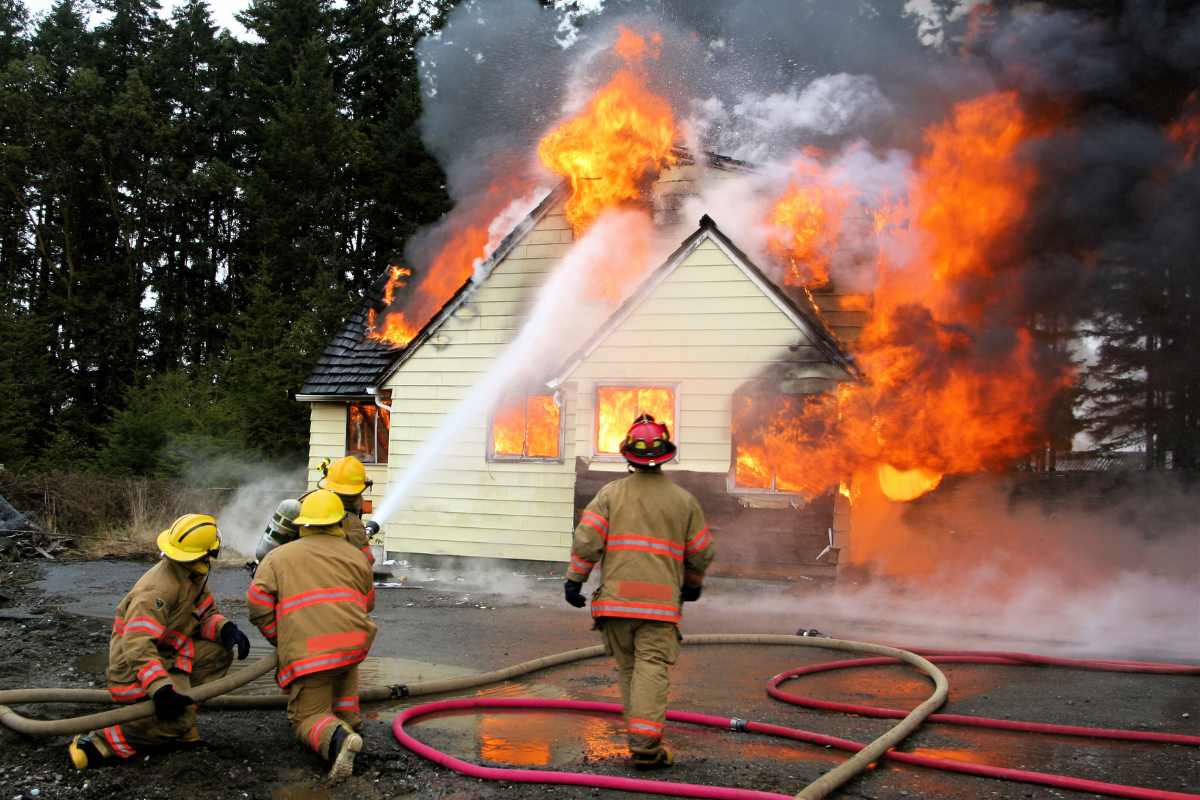Structural Engineers – When Do I Need to Hire One?
Are you about to start building or renovating your home or business premises? If so, structural engineers are vital for your project. This article tells you everything about structural engineers and when you need to hire one.

What is a structural engineer?
A structural engineer is a chartered professional specialising in building structures. They usually run consulting practices providing design services and observe parts of the building process for construction companies (including builders).
Their work, required by the law, determines the strength, safety and durability of newly built or renovated structures.
To achieve this, structural engineers need to consider the loads the structure must support, the forces exerted by wind, earthquake and other environmental factors and the impact of temperature and humidity on the materials used.
What is the difference between a structural engineer and a civil engineer?
A structural engineer is a specialised civil engineer with advanced studies. While they can perform the same tasks as a civil engineer, the vice versa does not apply, as the civil engineer cannot render the same services in complex structure projects. A civil engineer focuses on projects like road construction, ecological impact studies and subdivision design.
Geotechnical engineers are another class of engineers: they look at slope stability and soil analyses for construction sites to ensure stable building platforms.
What does a structural engineer do?
The work of structural engineers is complex and covers several vital safety elements of commercial and residential buildings.
A structural engineer will:
- Design the load-bearing items of a building, from foundations and walls to floors and columns for residential, commercial and industrial buildings as well as bridges, towers, retaining walls and tanks;
- Do calculations for the design, construction and maintenance of the structural elements in homes and industrial and commercial buildings;
- Assess the safety of a building;
- Provide drawings, calculations and specifications for the design and propose materials for all building or renovation projects that involve structural work.
When do I need to hire a structural engineer?
Any work that changes the load-bearing arrangement of a building needs specific approval, known as Building Consent, issued by councils.
This is required because most work on a newly built or renovated structure must comply with the Building Code, which is mandatory in New Zealand.
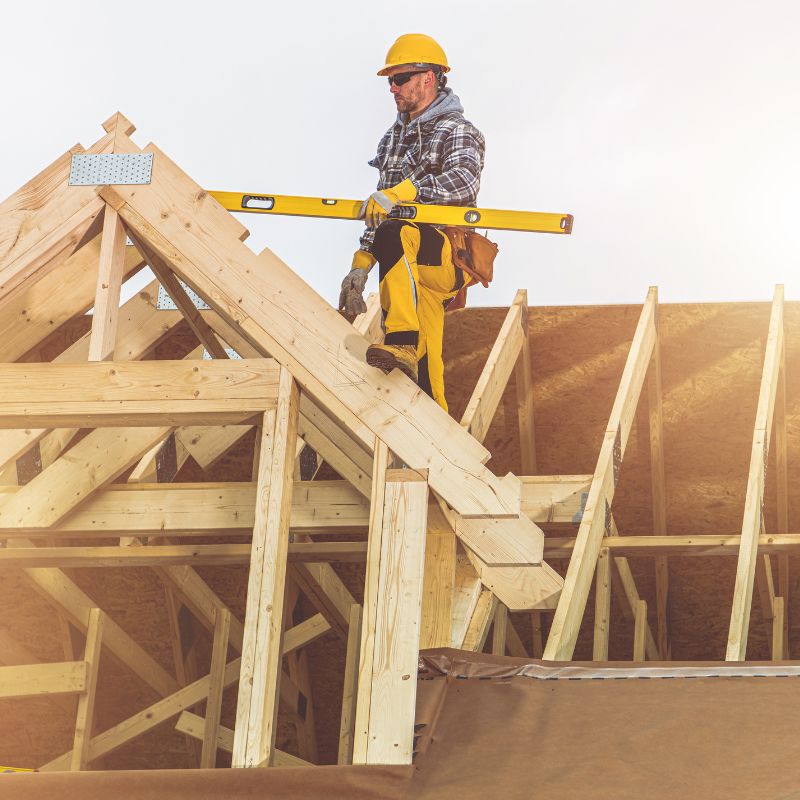

To obtain a Building Consent, you need technical specifications, certifications and input from a structural engineer. This applies when:
- building or buying a new home;
- adding to or changing a home;
- building an extension;
- converting a loft or a garage;
- removing a chimney breast;
- modifying or removing internal walls, especially load-bearing walls;
- fitting solar panels
- modifying or adding doors and windows
- underpinning floors.
A structural engineer is also required for the following:
- Structural damage inspections: to assess and examine defects like the movement of or cracking in the walls, sagging of ceilings or rooflines or other problems caused by earthquakes, watercourse changes, ingress of water or geotechnical-related issues. After the inspection, the engineer will issue an investigation report documenting the findings and a proposal that a contractor can use to fix these issues.
- An expert opinion: to provide an independent report when somebody questions the structural matter of your building. A structural engineer’s unbiased view is also needed in potential disagreements with another party.
What to look for when hiring a structural engineer
Previous experience
The person you contract should have successful and extensive experience in managing similar projects. You can ask your friends and family if they can recommend a structural engineer since their referral can be an additional guarantee you hire a professional.
Qualifications
Make sure the structural engineer you want to hire has the proper qualifications. If possible, check if they have sufficient personal indemnity insurance. This insurance covers the costs the structural engineer would have to pay if the services he renders are not as per contract or faulty, and you would raise a claim regarding these services. Personal indemnity insurance, alongside the years spent on training and specialisation and the cost of being chartered, is among the reasons why structural engineers have high hourly rates, and their advice is not free.
Clear expectations
To make sure your expectations are met, the best course is to close a contract with the structural engineer, stipulating each service and fee charged. That means scope, terms and conditions, breakdown of services, and hourly rates.
A skilled and experienced structural engineer will visit the building that needs structural work, take photos to document its initial status and then send you an email with an agreement with the solutions proposed and corresponding costs.

A structural engineer holds a responsibility and a liability and has to visit the sites to ensure that what will be quoted is accurate.
However, be mindful that what is found on site after the work starts can differ greatly from the initial estimation, and the final fees must be paid according to the service rendered.
Moreover, according to the law, the final charges don’t have to be within a particular percentage range from the estimate as long as the communication and work process has been fair and transparent.
How can I minimise costs when working with a structural engineer?
Although, as mentioned above, the rates of a structural engineer may seem high and depend upon what is needed in your project (compared to what you initially thought), there are a few methods you can use to keep the costs under control:
1. Name a “leader” of the project and communicate it to all parties involved.
The leader can be the structural engineer, the architect, you (if you have related expertise and experience) or an independent project manager. This ensures that everybody works in a coordinated manner, cutting down on avoidable expenses and decreasing the time required by the project. All communication regarding your building or renovation project must be transparent, correct and updated with the latest modifications to avoid doing the same job twice.
2. Put the scope of the contract and the ulterior changes in writing.
If the scope changes after the work begins, document that in writing, especially since these changes can be very expensive.
3. Indicate the work or any necessary changes needed in lots, not piece by piece
Even the slightest changes requested after the structural engineer’s work begins can have significant implications for the whole project, affecting the architect’s or the contractor’s tasks. Having almost the entire design in place before the work starts is one of the safest methods to have efficient costs for your project.
Do you need a structural engineer for a new doorway?
Yes! A doorway is one of the items that impact the load-bearing of your building, either commercial or residential.
Do you need a structural engineer for a home renovation?
Absolutely! Since most home renovation projects involve changes in the elements that provide your home safety and stability, contracting a structural engineer for this project is mandatory.
At ProConsult, hiring a structural engineer is a transparent and smooth process.
Most of our new clients come via our website, recommendations from another supplier (plumber, builder, electrician etc.) or via the BuildersCrack website.
We usually talk to the potential client first and find out what they want to decide if the project fits with us.
Often we make a site visit before having another discussion about what we can do, when we can do it and what’s involved. Sometimes that is different to what the client thinks they want or need. Then we prepare a Short Form Agreement (SFA) template provided by Engineering NZ and email it to the client.
Next, we gather files – some (e.g. property files) from the council, some from an architect or geotechnical engineer if one is already involved. We always want the correct versions transferred; otherwise, the engineer has to backtrack and redo things. We let the client know that employing other suppliers like geotechnical engineers and sub-trades will be in his care.
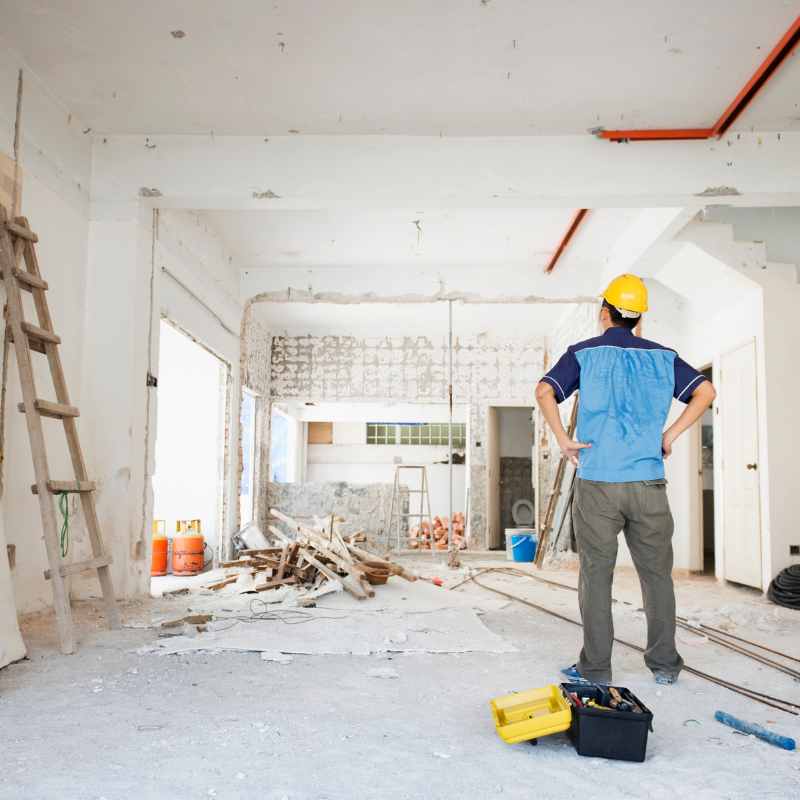
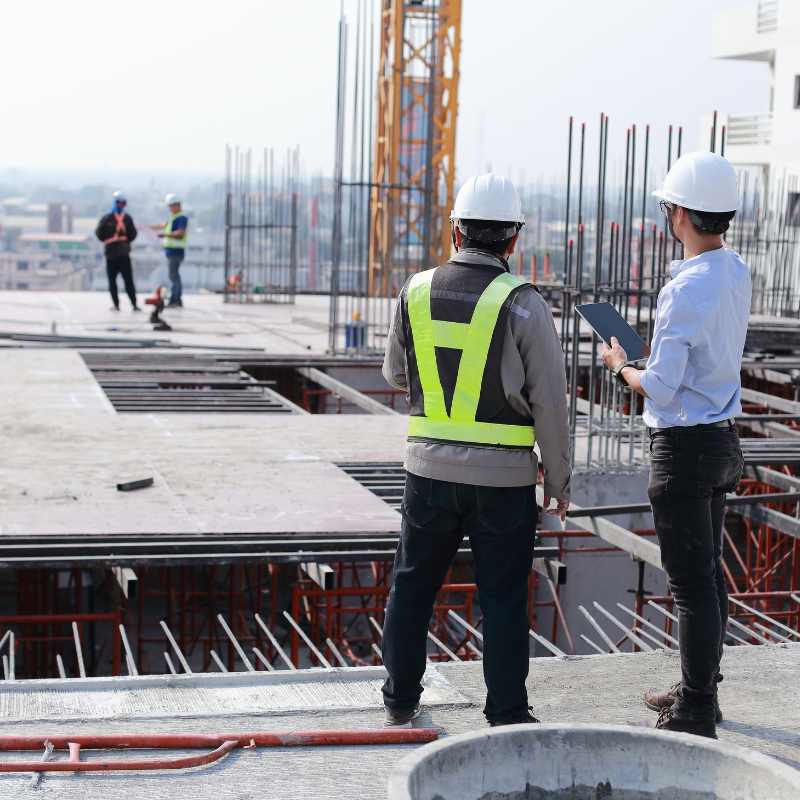
Engineers usually are good at explaining what’s going on in simple terms and also know what’s required. However, councils have the right to ask for ANY information about the work provided, and we make sure everything is communicated correctly and on time.
Contact ProConsult today to discuss your building or renovation project! We provide solutions for commercial, industrial and commercial buildings. Our team has the skills and experience required for short-time and complex projects, and we approach them with the same commitment and professionalism.

Author: Stewart Hobbs - Principal Engineer at ProConsult
Stewart is the journal editor for SESOC (Structural Engineering Society New Zealand (Inc.)

